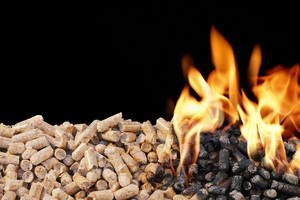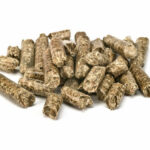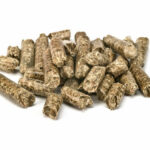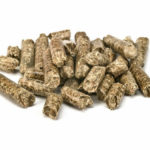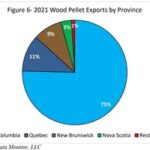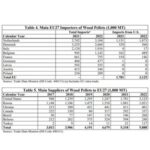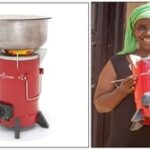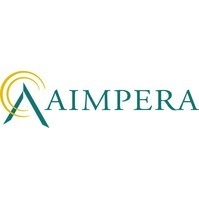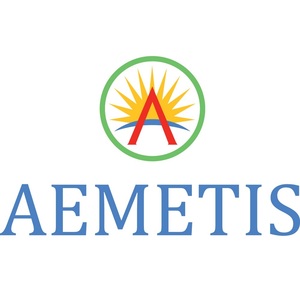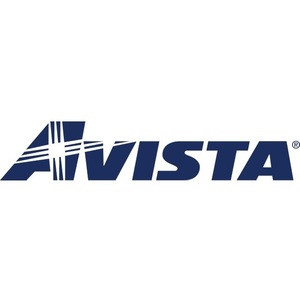UK proposal aims to ensure adequate wood pellet supplies for RHI
Energy Disrupter
ADVERTISEMENT
The U.K. government on Aug. 22 opened a public consultation on its proposal to temporarily suspend certain fuel quality requirements for Renewable Heat Incentive participants using wood pellets in response to supply impacts resulting from Russia’s invasion of Ukraine. The proposed suspension would be in place for 12 months.
As of April 1, 2022, wood fuel used by participants in the non-domestic RHI (NDRHI) and domestic RHI (DRHI) must meet certain standards designed to improve fuel efficiency and reduce emissions of harmful air pollutants, such as nitrogen oxides and particulate matter. For the purposes of its Aug. 22 notice, the U.K. Department for Business, Energy and Industrial Strategy said it referring specifically to the requirement that all wood pellets used by RHI participants meet the ENplus A1 standard, or an equivalent.
Imports of wood pellets from Russia and Belarus to the EU and U.K. was suspended in April 2022 following Russia’s invasion of Ukraine. The U.K. officially banned the importation of wood pellets from both countries on June 23, 2022.
The BEIS estimates that up to 40 percent of the ENplus pellets used in the U.K are imported from Russia and Balarus. The agency said it recognizes that the suspension of wood pellets imported from these countries is likely to impact the availability and price of wood pellets in the coming months and through the winter of 2022-2023.
According to the BEIS, the U.K. government has been working with the U.K. Pellet Council, trade bodies and industry members to assess options to minimize potential disruptions to the supply of wood pellets. As a result, the BEIS is proposing to temporarily suspend the requirement that wood pellet fuel used by participants in the NDRHI and DRHI meet the ENplus A1 standard
“We judge that a 12-month suspension of this requirement will permit additional supplies of wood pellets to be utilized this winter,” the BEIS said in a statement. “In turn it should also serve to mitigate against potential price rises due to a lack of supply. While we recognize that this could have some short-term negative impact on fuel efficiency and air quality in some cases, on balance it is judged as acceptable so that homes heated by biomass do not experience significant price rises or a lack of fuel supply altogether during this period. We will continue to closely monitor the supply chain for wood pellets and intend to reinstate the current requirements after 12 months.”
The public consultation is open through Sept. 11. Additional information is available on the BEIS website.

